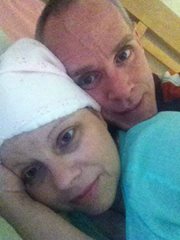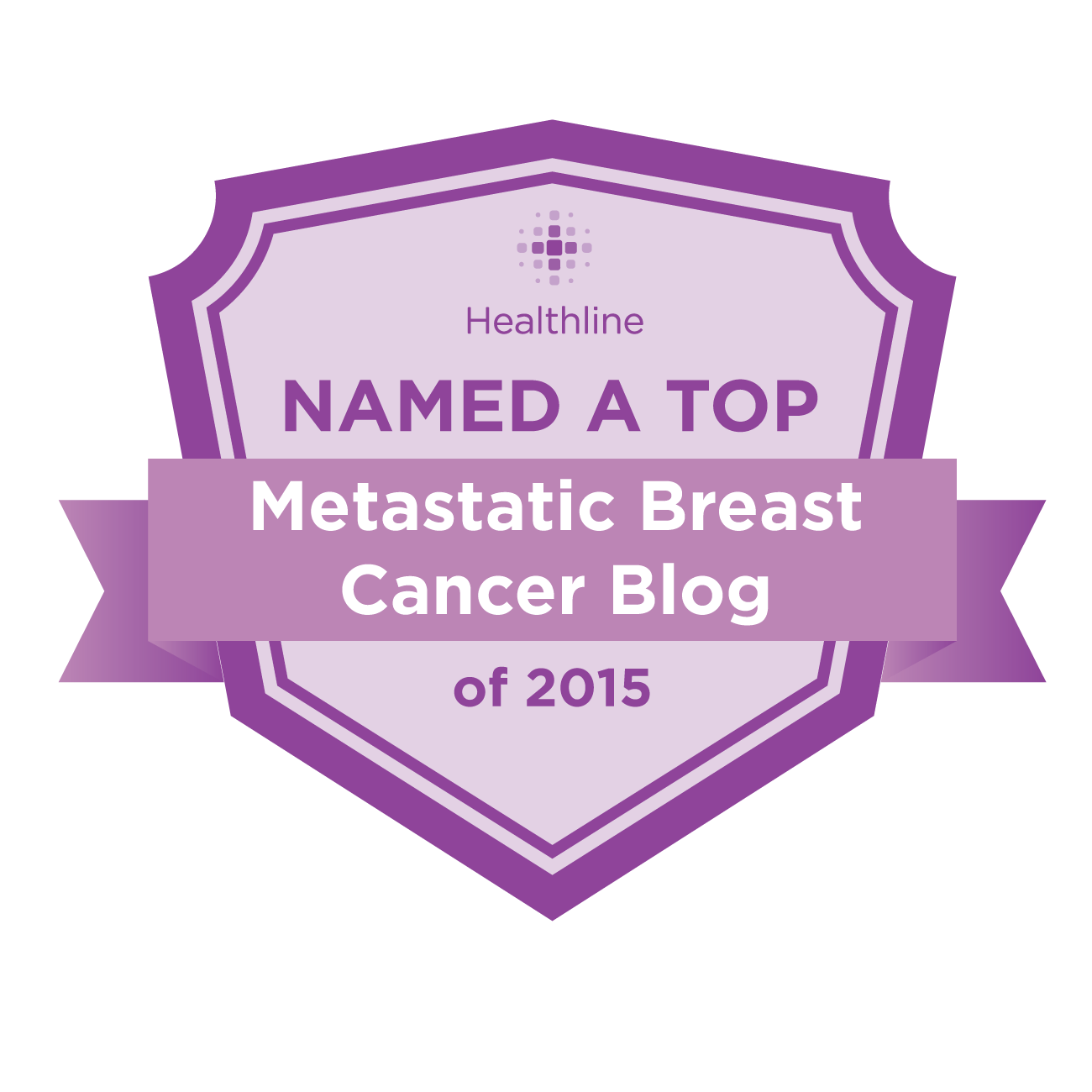
We were both declared cancer free at roughly the same time. We both started to work on rebuilding our bodies following the months of intense treatment. I started to experience pain in my neck and in January 2013, I was diagnosed with significant disease in multiple bones, including a broken vertebrae in my neck. I was now Stage IV.
Michelle joined me in that “club” just six weeks later. Her mets were in her hips and lungs. Because the disease had already spread to an organ (lungs), her treatments were very different than mine.
Her body responded differently as well. Quite frankly, it didn’t respond. The disease marched relentlessly through her body, creating mayhem and havoc. Michelle was hospitalized several times with heart problems and a plethora of other difficult health crises. I’ve not had to spend a night in a hospital due to breast cancer and the cancer in my body has responded reasonably well to treatments. While it moved into the liver in May, it is being held stable for now.
Michelle died on December 21, 2013, at age 40. I am still living a fairly normal life. Our walk along the same path took an abrupt fork in the road and a major question remains: Why?
Michelle wrote the following in her blog in August 2013. “I guess it's almost time to start preparing for pink washing, breast cancer awareness month in October. I saw they are starting kick off parties. It just always makes me so aware of the lack of support or anything for stage 4 cancer. It seems to me the perception is breast cancer is curable, early detection saves lives, etc. not always the case. It kinda feels like us stage 4 people are swept under the rug. I've tried to start a group, contacted ACS [the American Cancer Society] haven't been successful. It's sad cause we are a group that needs support. I have found an online stage 4 group and I am not alone in feeling shunned. They just want to report survivors not those of us struggling to live. I'd like to be able to say I have benefited from the ACS but I haven't. Where does all the pink money go?”
Earlier in the month, she wrote, “I continue to struggle with why me? Why do most of the people I have come across go thru treatments and then are fine, why didn't that happen for me? I don't want to sound petty but I am jealous...I know that these are all feelings I need to sort thru. That's one of the reasons I decided to write it all out. Don't get me wrong, I am so happy for them, but I am so sad for me.”
People with Stage IV breast cancer have a myriad of emotions that are seldom (if ever) addressed by the pink ribbon movement. The pink ribbon tends to focus on the lie “early detection saves lives” (It doesn’t … it simply means you start treatment earlier. Innovative and effective treatments save lives; yet, most of the money raised by the pink ribbon movement goes into “early detection, education and awareness.”)
Metastatic breast cancer patients are told to have hope. The pink ribbon touts hope for all. However, hope isn’t what Michelle needed. Michelle had an unusual type primary tumor (metaplastic) and while she responded well to initial treatment, it wasn’t enough. Hope did NOTHING to treat her cancer and it’s obvious that hope didn’t help her in her Stage IV treatments. We need research and we need people to donate money that goes 100% into research.

 RSS Feed
RSS Feed
